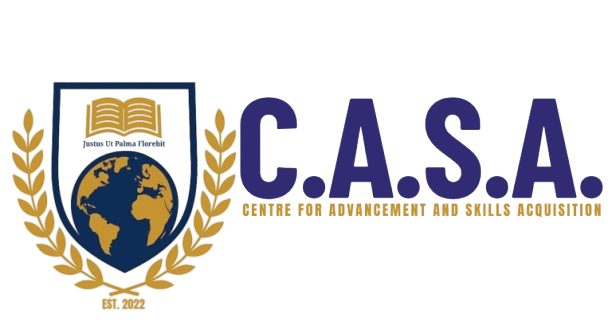What is Project Management?
To start, let's define project management. Project management encompasses the application of knowledge, skills, tools, and techniques to plan, execute, monitor, and control projects. It involves managing project resources, stakeholders, and risks to achieve project objectives.
Essential Project Management Strategies
- Clear Goal Setting:
One of the foundational aspects of project management is setting clear and specific goals. Project objectives and deliverables should be well-defined and aligned with the overall business goals. By setting SMART goals (Specific, Measurable, Achievable, Relevant, Time-bound), project managers can ensure clarity and focus throughout the project lifecycle. - Effective Planning and Scheduling:
Thorough planning and scheduling are critical for project success. A comprehensive project plan outlines the project scope, tasks, timelines, and resource requirements. It serves as a roadmap for the project team and enables better coordination and control. Breaking down the project into smaller, manageable tasks and developing a realistic timeline helps ensure smooth execution. - Stakeholder Management:
Stakeholder management involves identifying and engaging with individuals or groups who have an interest or influence in the project. Effective communication and collaboration with stakeholders are vital for project success. Regularly updating stakeholders on project progress, addressing their concerns, and involving them in decision-making contribute to a positive project outcome. - Risk Management:
Identifying and mitigating project risks is an essential aspect of project management. Risk assessment helps identify potential obstacles and develop contingency plans to minimize their impact. By proactively managing risks, project managers can anticipate and address challenges that may arise during project execution. - Team Collaboration and Leadership:
Project success relies heavily on effective teamwork and leadership. Building a high-performing project team, fostering open communication, and providing clear direction are crucial for achieving project objectives. Effective delegation, conflict resolution, and motivation strategies contribute to a cohesive and motivated team. - Monitoring and Control:
Monitoring project progress and performance is essential to ensure that the project stays on track. Regularly tracking key performance indicators (KPIs), milestones, and deliverables enables early identification of any deviations from the plan. This allows project managers to implement corrective actions promptly and maintain control over the project's trajectory.
Tools and Technologies in Project Management
In today's digital age, project management software and tools can significantly enhance project efficiency and collaboration. Tools such as project scheduling software, communication platforms, and collaborative project management platforms provide valuable features for planning, tracking, and reporting on project progress.
Case Studies and Real-Life Examples
Examining real-life examples and success stories of projects that implemented effective project management strategies provides valuable insights and inspiration. Learning from both successful projects and those that faced challenges due to poor project management can help project managers understand the importance of these strategies in achieving project success.
Conclusion
Mastering the art of project management is an ongoing journey that requires a combination of knowledge, skills, and practical experience. By applying the essential strategies discussed in this blog post, project managers can enhance their ability to execute projects successfully. Effective project management not only contributes to project success but also drives overall business growth and competitiveness.
